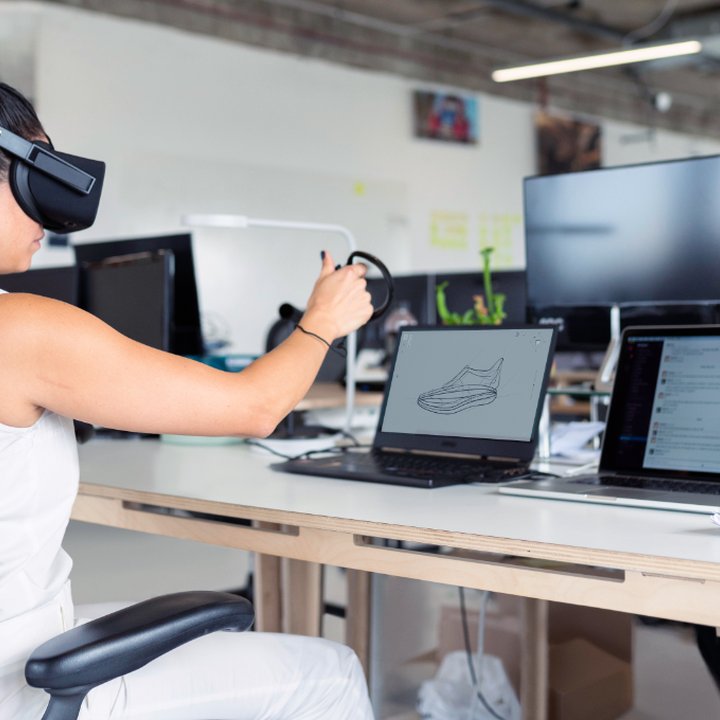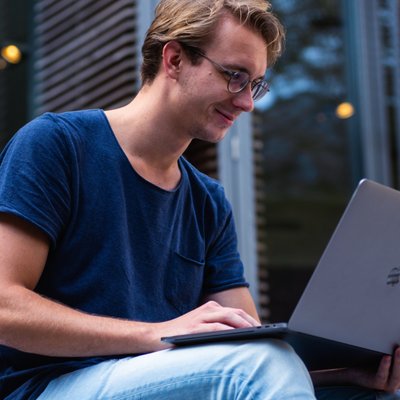The Crucial Role of AI, Metaverse, and Web 3.0 in Driving Business Success
In an ever-evolving technological landscape, businesses are constantly seeking innovative solutions to unlock new revenue streams and future-proof their operations.
Aug. 25, 2023

Imagine a future where students wield personal learning devices capable of tailoring content delivery to their distinct learning styles.
Once a futuristic idea, this concept is rapidly becoming attainable as technology progresses. Almost forty years ago, Lee Shulman introduced the groundbreaking concept of pedagogical content knowledge, providing the foundation for effective teaching. Today, we're at the crossroads of fusing Shulman's principles with cutting-edge technology, giving rise to truly individualized educational experiences.
Lee Shulman's 1986 article, "Those Who Understand: Knowledge Growth In Teaching," outlined the core components of effective teaching. He identified three crucial knowledge domains for exceptional educators:
Shulman's framework serves as the blueprint for crafting personal learning devices that can dynamically adjust content delivery to cater to various learning styles, cognitive challenges, and engagement levels.

Shulman's ideas have evolved into the concept of technological pedagogical content knowledge (TPCK), which underscores the necessity of skillfully integrating technology into teaching. TPCK emphasizes aligning technology with content and tailoring it to students' unique needs. While Shulman's framework primarily targeted teachers, TPCK opens avenues for personal learning devices to embody similar expertise.
The potential personal learning device, driven by generative artificial intelligence, taps into an extensive repository of content. It analyzes individual learning patterns and preferences, culminating in personalized content presentation that adapts to each student's educational journey. This convergence of pedagogical content knowledge and technology holds the promise of reshaping education.
Langly Inc. exemplifies the integration of pedagogical wisdom with contemporary technology. Collaborating with Oxford University professors, this innovative company creates AI-driven learning solutions. By harmonizing expert educators' insights with cutting-edge technology, Langly Inc. aspires to create personalized learning experiences that adapt to individual students' needs.

Standing on the brink of an educational transformation, a crucial question arises: Can personal learning devices effectively employ pedagogical content knowledge to meet individual students' needs?
The answer is a resounding yes.
Although the technology is continually evolving, AI and machine learning are rapidly advancing. As these systems accumulate data and refine their understanding, they are poised to become sophisticated tools for personalized education.
In the near future, personal learning devices could become ubiquitous, transforming classrooms and learning experiences.
Imagine students immersing themselves in subjects through augmented reality, interactive simulations, and lessons tailored precisely to their learning styles. As AI-driven systems deepen their understanding and adaptability to individual students, the conventional uniform model of education could give way to tailored, enriched learning journeys.
The vision of personal learning devices harmonizing pedagogical content knowledge with advanced technology is within reach.
Lee Shulman's insights, originating decades ago, provide the conceptual foundation for these devices, while modern advancements in AI and machine learning propel us closer to their realization.
Langly Inc.'s innovative approach showcases the potential of integrating educational expertise and cutting-edge technology to redefine learning.
As we move forward, the synergy between pedagogy and technology promises to reshape education, empowering students to master content knowledge and skills through personalized, adaptive learning experiences.